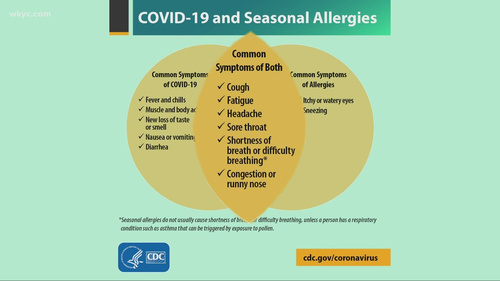Have you ever considered cold or allergies? Colds are one of those things that seem to always aggravate the sinuses. It is a common fact that colds can cause more pain and discomfort than they do good. If you're wondering if there are any better options, you might want to read on. Here is a breakdown of the colds and allergies that you might experience if you have a cold or allergies.
The common cold is caused by the virus rhizome and the glandular cells that are in the nose. When the temperature outside is cold, the cold virus settles in your lungs. This causes the symptoms that we all know - sore throat, stuffy nose, congestion, headache and general fatigue. In addition, the cold may also bring about a cough. This is usually accompanied with other symptoms like a runny nose and a sore throat.
The common cold is not as common as some might think. Statistics show that over half the people get colds at least once during their lifetime. When the cold is gone, it doesn't mean that the symptoms will go away. Sometimes, people suffer from colds for months or even years.
For people who suffer from allergies, the cold and the allergies can be a lot worse. Most allergies involve the nose and eyes. For people who suffer from asthma, the cold is often a catalyst for an asthma attack. The symptoms of an asthma attack are very similar to those of a cold - the runny nose and constant congestion. The cold can often bring about wheezing, difficulty breathing and a heavy feeling in the chest.
The cold is also known to bring about sinus problems. The sinuses are the small air sacs in the back of the throat and nose that get clogged with mucus. The more mucus that gets inside the sinuses, the more painful and uncomfortable the symptoms of a sinus infection can become. This is why colds are almost always treated with decongestants. There are some decongestants that don't have that effect though.
So, let's compare colds and allergies. The cold will usually clear up in a day or two, while the allergies take longer. There is not a way around the fact that colds will clear up faster than allergies. So, what do you think? Is the cold more annoying than the allergies?
It's a pretty simple answer to that. Colds, for the most part, annoy a lot less than allergies. But that annoyance can be prettyened if you make cold sores and rashes with hot water. Cold sores are annoying because they are red and they usually itch. They are often a sign that a person has an illness such as the flu or measles.
The rash can be treated with ice or heat and sometimes is medicated. The cold tends to be a long process. The cold is often accompanied by more symptoms than just cold symptoms. These can include fever, headaches and muscle aches. Most often, the cold goes away within a couple days.
One of the colds that is most common is the cold sore. Many people will get cold sores once or twice a year. Cold sores tend to be red and painful and sometimes feel like little blisters. People get them more often during the summer months. Also, people tend to get allergies from the cold sores more than from the other type of cold. This makes cold sore treatment much more difficult than it needs to be.
Another cold that some people get is called acute allergic rhinitis. This can cause sneezing and watering of the eyes. There can also be difficulty breathing and difficulty swallowing. This is much more serious than a cold, because it can be life threatening in certain cases.
Allergies are much easier to deal with than cold sores. You can simply take allergy medications that help reduce the swelling. You can also change your environment and work to reduce your exposure to things that make you miserable. Some allergens can be difficult to avoid though. For example, if you are a smoker, you should definitely quit since this puts you at greater risk for developing allergies.
Overall, you should be able to figure out cold or allergies in about 5 minutes or less. The best way to do this is to ask a friend or family member if they have a particular cold or allergy and see how they deal with it. It's also a good idea to do a little research into the topic on the internet so you know what the basic facts are. There are plenty of great resources out there so don't hesitate to take advantage of them. Good luck with dealing with your colds!
